Abhiseka kramasisya is an annual event organized by the Javanese Language, Literature and Culture Study Program to inaugurate new students of the Javanese Literature Study Program. In 2024, Abhiseka Kramasisya was held in 2 days, on October 19-20, 2024 with 45 new students of the Javanese Language, Literature and Culture Study Program participating. Abhiseka Kramasisya 2024 used the theme “Sedya, Darma, Guna” each word in the theme has its own sentence which means very deep and is expected to be in accordance with the new students who will be inaugurated.
“Sedya” in Sedya Tuhu Gayuh Widya means the full intention to reach knowledge. “Darma” in Darma Bekti Kang Utama means goodness that is prioritized. “Guna” in the sentence Guna Mring Nuswantara means useful for the country, nation, and all of Nusantara. With the formation of this philosophical theme, it is hoped that new students will always absorb the meaning so that they can carry out the “Sedya, Darma, Guna” and be able to preserve the noble values of Javanese culture and maintain the existence of culture in the Nusantara, especially Javanese culture.
Before the day of Abhiseka Kramasisya, all committees and participants conducted a First Gathering which was intended to establish good communication between the committee and participants. The First Gathering which was held on September 8, 2024 became a place for bonding and getting to know each other.
On September 21, 2024 a Technical Meeting was held to explain the technical implementation of the D-day of Abhiseka Kramasisya 2024. With the aim of introducing a little Javanese knowledge, all new students were divided into 4 groups with the names Damarwulan, Centhini, Wedharaga, and Ambiya. The naming of these groups comes from the names of manuscripts in Java. The Technical Meeting also explained some of the technical implementation of the entire series of Abhiseka Kramasisya 2024.
The first day of Abhiseka Kramasisya 2024 was held in the Auditorium of Soegondo Building, Faculty of Cultural Sciences, Universitas Gadjah Mada with a series of symbolic opening events with “Asa Lokatara”. A box containing balloons that will fly a piece of cloth with the inscription Abhiseka Kramasisya 2024. Asa Lokatara means a dream that flies high, a prayer for all new students so that their dreams can be achieved. Asa Lokatara was opened by Dr. Daru Winarti M.Hum, as the Head of the Javanese Language, Literature and Culture Study Program and accompanied by Zidna Nabila as the Chief of Abhiseka Kramasisya 2024.

“Asa Lokatara” symbolic opening of Abhiseka Kramasisya 2024
After the symbolic opening, the event continued with the introduction of the study program which was filled by several representatives of the lecturers. Abhiseka Kramasisya 2024 also invited alumnus as talk show speakers. One of the speakers presented was Rizky Inggar who plunged into the entertainment world and had several programs on television such as Main Hakim Sendiri and Rumah Bulekkk. The speaker conveyed the career he had gone through, aiming to motivate new students to have the enthusiasm to carry out education and find their talent interests. Entering the last part of Abhiseka Kramasisya on the first day, closed by Gilang Cahya Nusantara as the Head of the KAMASTAWA Association presenting material on the introduction of the Department Student Association (Himpunan Mahasiswa Jurusan) which will later be followed by new students.

Study program seminar by several lecturers
The second day of the Abhiseka Kramasisya series was held in the hallway of the Margono Building, Faculty of Cultural Sciences, Universitas Gadjah Mada. The rainy conditions made the committee have to think of ways to keep the event running smoothly. The plan for “Lelaya Wiyata” or cultural exploration had to be replaced with a quiz between groups. There were several changes to the plan. However, everything went smoothly. The event continued with the movement of all participants and committees to Pusaka Jawa (Javanese Studies Center) located on Jl. Bungur, Bulaksumur No. F9 to continue the Siraman inauguration procession. The Siraman procession is the main part of the Abhiseka Kramasisya. The procession was led by lecturer representative Dr. Sulistyowati, M.Hum. accompanied by the Head of the KAMASTAWA. With the implementation of the Siraman procession, participants have officially become part of the Javanese Language, Literature and Culture Study Program Family. All participants also received the corsa of the Javanese Literature Student Family Department Student Association.

The event was closed with an art performance by Abhiseka Kramasisya 2024 participants. Participants displayed the creativity of each group performing dances, songs, dramas, and so on. This session was lively, warm, and showed the kinship of the Javanese Language, Literature and Culture Study Program. The end of the art performance was followed by the symbolic closing of “Abinawa Prasraya” in the form of a door that can rotate 180 degrees showing the acceptance of new students adding color to the Language, Literature and Culture Study Program.
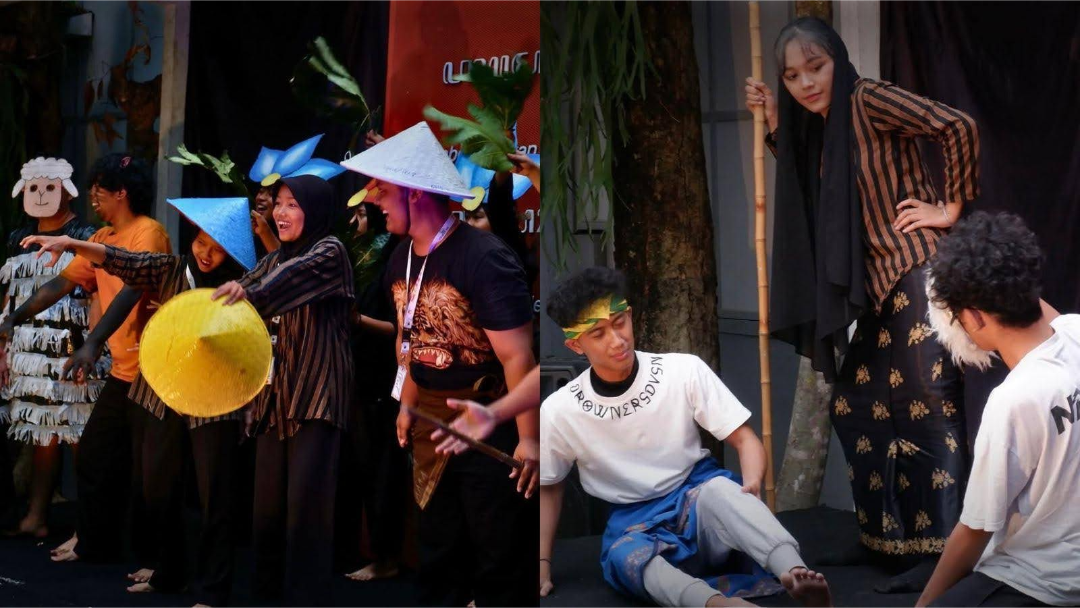
The series of Abhiseka Kramasisya 2024, expects new students of the Javanese Language, Literature and Culture Study Program to love local cultural products, especially Javanese culture, and to preserve them. Students who have been confirmed are expected to develop and improve educational, research, and community service activities so as to create superior, outstanding, and dignified student characters.
[Public Relation Faculty of Cultural Science, Editor: Sandya Kirani]

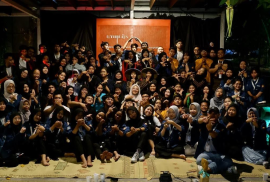
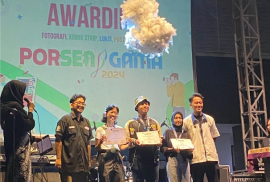
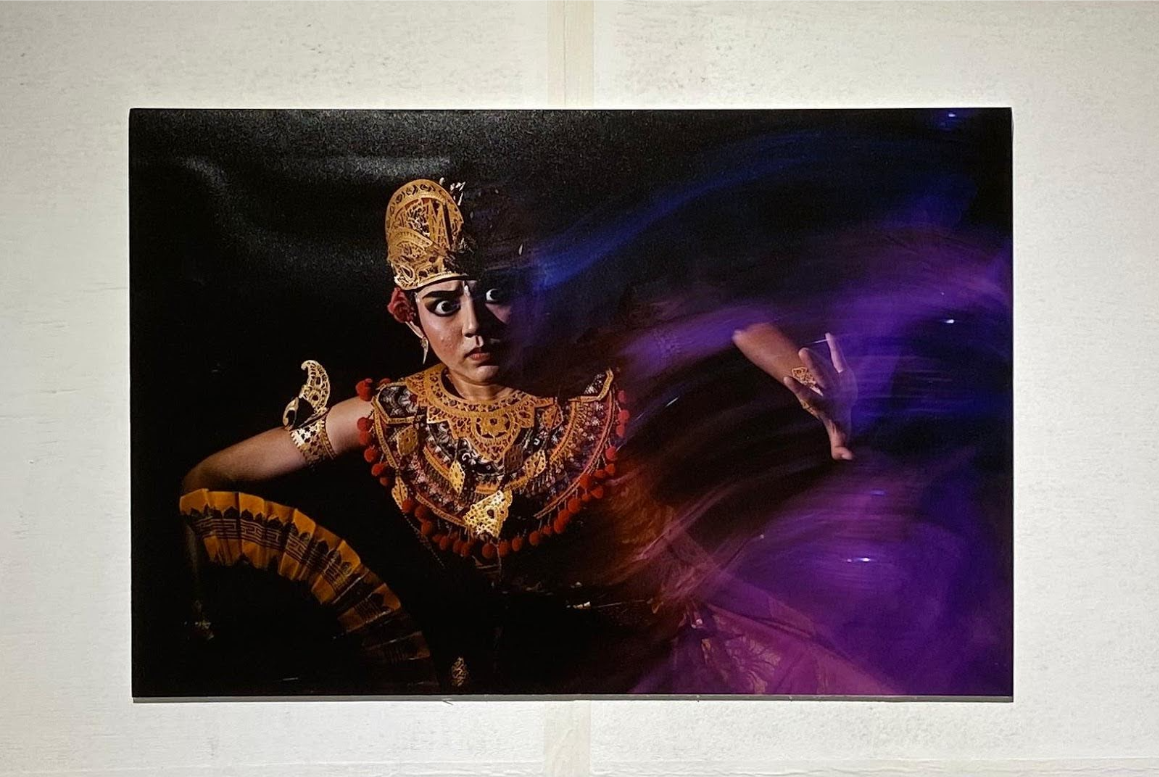
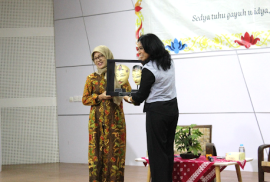




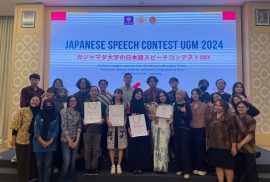
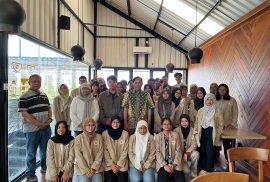
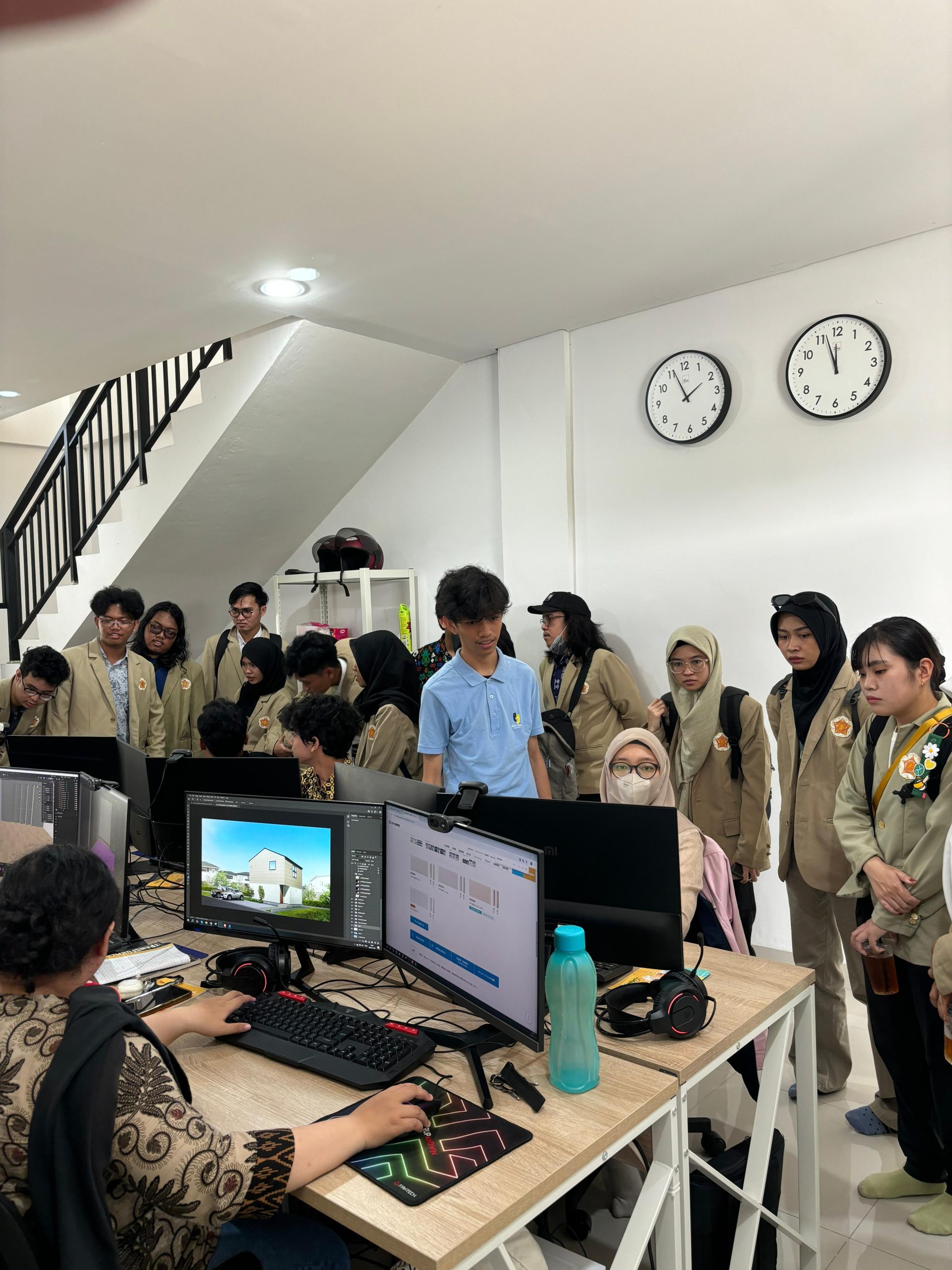 Picture 1 Japanese Counselling Study Programme Students Conduct Field Study at PT Rupa Raya Indonesia, Semarang
Picture 1 Japanese Counselling Study Programme Students Conduct Field Study at PT Rupa Raya Indonesia, Semarang